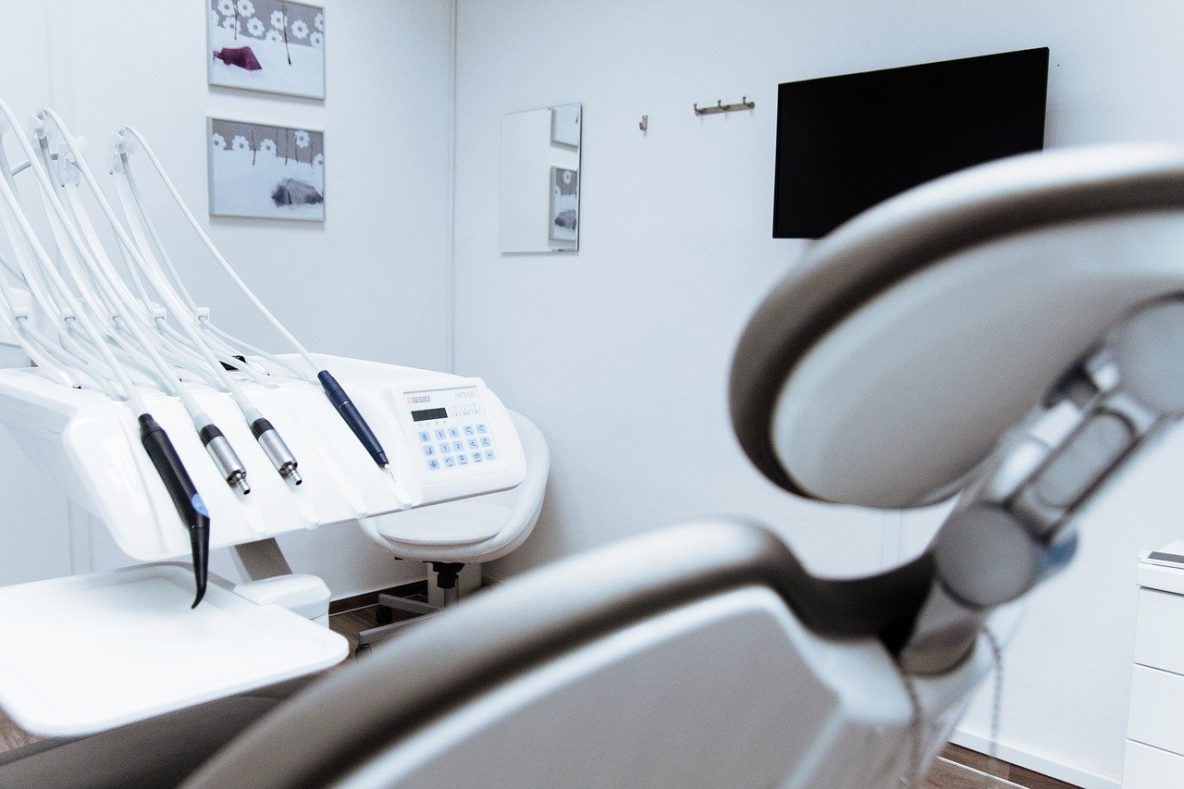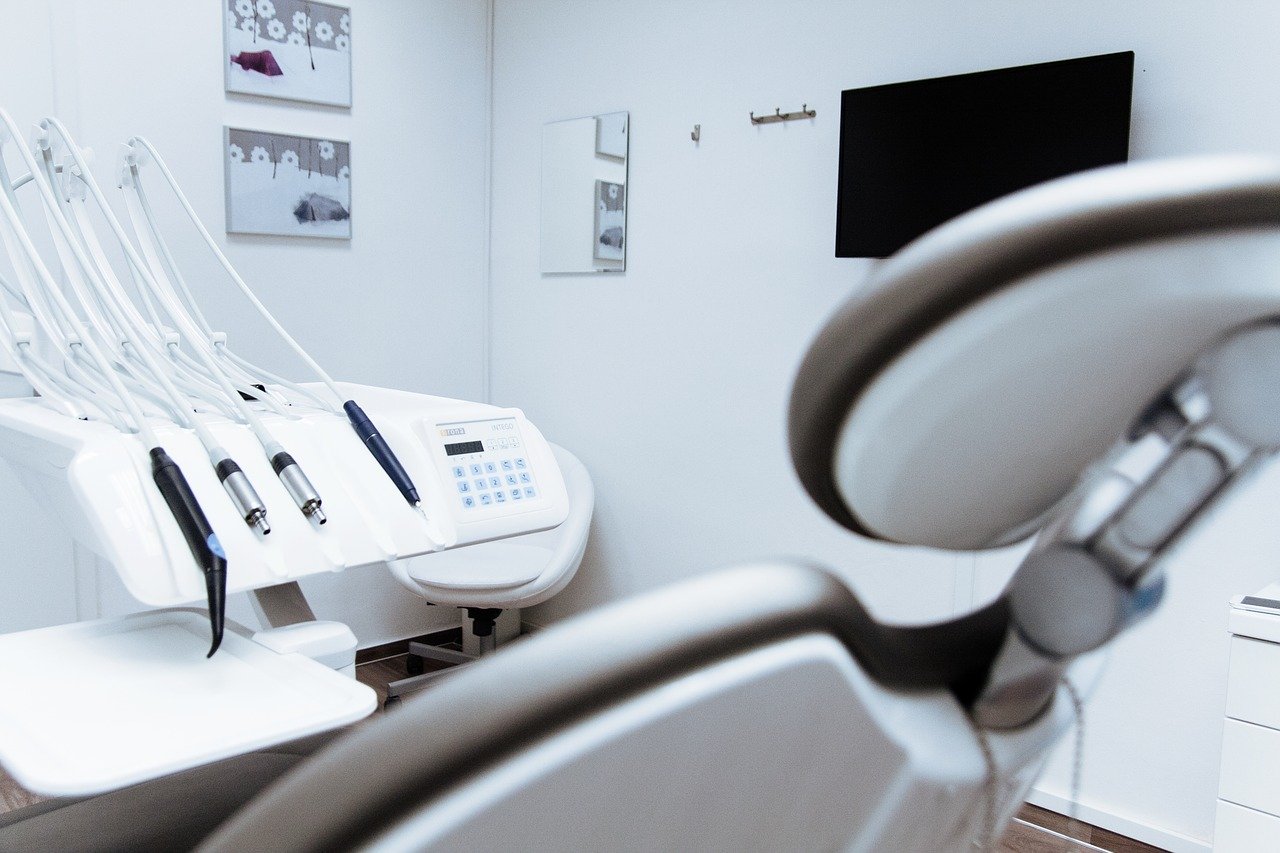The following information pertains to Class Code 8832, Workers Compensations Insurance For Dentists, and Dental Offices. If you are currently looking to buy a new policy and need a dental office workers comp insurance quote, call Pat Ryder or Pat Scanlon of Enforce Coverage Group at 212-947-4298.
Enforce Coverage Group specializes in workers comp and business insurance in New York, New Jersey, Pennsylvania, and Connecticut.
Class Code 8832 Workers Comp Insurance Coverage Rates & Cost
Description of operations: Dentists are doctors who are educated and licensed to specialize in the diagnosis, treatment, and prevention of disease, injury, damage, or loss to teeth, gums, and the mouth. Dentists may treat poorly aligned teeth with braces or other devices. They may fill, remove, or replace missing, diseased, or damaged natural teeth with artificial fillings, crowns, bridges, dentures, or dental implants. Dentists may refer to some of these procedures to oral surgeons. Although it is becoming more common for crowns to be made in the dentist’s office, more extensive items such as bridges are molded and sent to dental laboratories for manufacture.
Property exposure is moderate due to the use of expensive diagnostic and dental equipment. Ignition sources include electrical wiring, heating, and air conditioning systems, and overheating of equipment. All electrical wiring must be up to code and equipment properly maintained. A small fire that produces smoke can cause considerable damage when sterile equipment and environments are compromised. Target items for theft include gases, pharmaceuticals, and gold used for fillings. These items should be inaccessible for unauthorized use and stored in a protected area after hours. Most property items are better covered on inland marine forms such as a computer form or a physician’s and surgeon’s floater. The business income and extra expense exposure can be minimized if the dentist has arranged for temporary facilities with another dentist.
Equipment breakdown exposures are high as operations are dependent on dental equipment being available. All equipment should be maintained on an ongoing basis
Crime exposure is from employee dishonesty of both money and inventory. The potential for theft, directly or by means of identity theft, is great. Background checks should be conducted on all employees handling money. Dentists keep gases, gold, and pharmaceuticals on the premises. Rigid controls must be maintained including inventory control and limited access to storage areas. All ordering, billing, and disbursement must be handled by separate individuals. Money and securities are a concern if payments are accepted on-premises. Deposits should be made regularly and money should not be kept on premises overnight.
Inland marine exposure includes accounts receivable if the dentist bills for services, computers, physicians and surgeons equipment floater (which can include all office furnishings), and valuable papers and records for patients’ and suppliers’ information. Accounts receivable coverage is needed if the dentist bills for services. Computers are used for patients’ records and other office purposes, but some dental equipment, such as video equipment and X-ray machines, is now also computerized. Physicians and surgeons equipment includes items that the dentist may take off site to handle emergencies. Duplicates of all records and programs should be kept off-site.
Premises liability exposure is moderate due to patients’ access to the premises. To prevent trips, slips, and falls, all areas accessible to patients must be well maintained with floor covering in good condition. The number of exits must be sufficient, and be well marked, with backup lighting in case of power failure. Steps should have handrails, be illuminated, marked, and in good repair. Parking lots should be maintained free of ice and snow. Housekeeping should be excellent and spills must be cleaned up promptly. Overhead equipment should be moved before patients exit dental chairs. Maintaining a patient’s privacy is critical. Examination rooms, check-in, and checkout stations must be in private areas so one patient cannot view information or overhear conversations regarding another patient’s’ confidential information.
Automobile exposure is generally limited to hired and nonownership liability for employees running errands. Dentists or other personnel may travel to client locations such as hospitals and nursing homes. If there are owned vehicles, all drivers should be licensed with acceptable MVRs. Vehicles must be maintained and records kept in a central location.
Workers’ compensation exposure is due to the possible transmission of disease from a patient. Gloves and masks should be worn at all times when working with the patient. Employees should have access to vaccinations to prevent diseases. Unruly or unpredictable patients can cause harm including strains, back injuries, and contusions. Dust caused by grinding and exposure to adhesives and other substances can result in occupational injury to eyes, lungs, or skin. Training and safety equipment should be in place to prevent exposure to radiation when performing X-rays. Since patient information and billings are done on computers, potential injuries include eyestrain, neck strain, carpal tunnel syndrome, and similar cumulative trauma injuries that can be addressed through ergonomically designed workstations.
About Enforce Coverage Group | Workers Comp Insurance Agents
For the best dental office workers comp insurance coverage, we are here to help. Enforce Coverage Group is located in NYC and One Penn Plaza with offices in Fairfield County Connecticut and Long Island NY.


